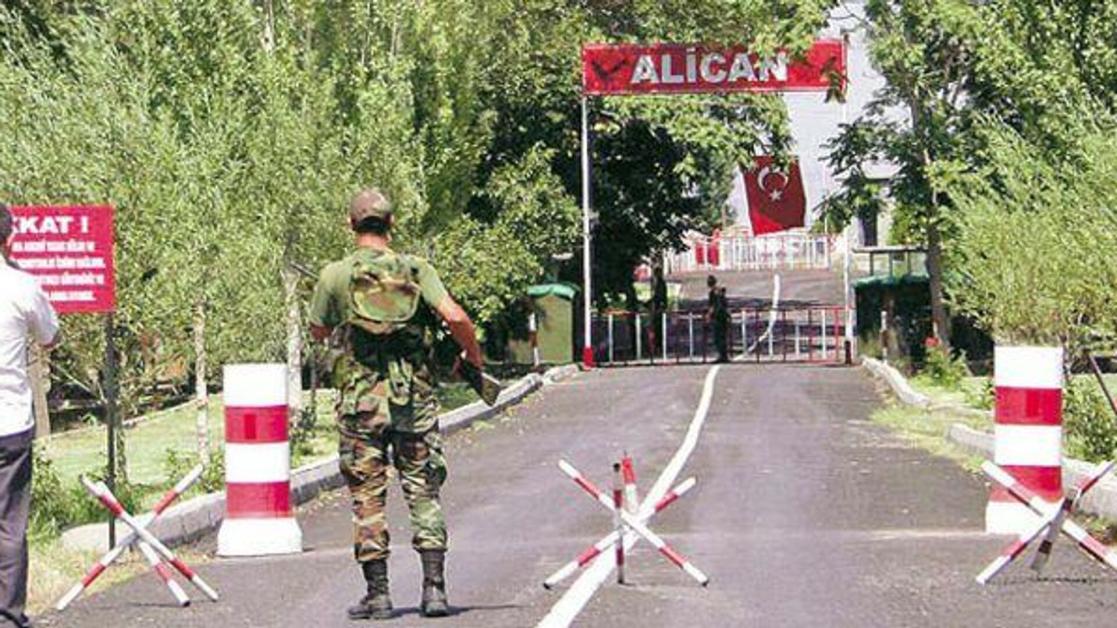
What are the risks associated with reopening the Armenian-Turkish border?
In 1991 On December 24, the Republic of Turkey officially recognized the independence of the Republic of Armenia, but diplomatic relations between Armenia and Turkey were not established.
In 1993 Turkey unilaterally closed the air and land borders with Armenia in support of Azerbaijan, as the latter suffered many defeats in the Artsakh war. After the Armenians liberated Karvachar, Turkey closed the border, and the border was closed unilaterally. The air border was reopened only in 1995. For the re-opening of the Armenian-Turkish land border, during the previous 30 years, Ankara demanded from the Armenian side to hand over to Azerbaijan the regions adjacent to Nagorno Karabakh, which Baku occupied during the 44-day war.
Recently, there has been a lot of talk about the reopening of the land border, noting that Turkey is interested in it. If we look back at the history of closing the border, we will see that Turkey, by closing it, pursued one goal: to oppress the Armenian side and subject Armenia to an economic blockade. Today, Turkey is guided by exactly the same thinking in terms of opening the border.
Naturally, the closure of the border between Armenia's neighboring countries for cargo transportation has a certain negative effect on Armenia as a country that invests and carries out economic activity. The lack of direct connections with neighboring countries creates serious difficulties for Armenia in making the most of regional multilateral cooperation.
In addition, in the case of Armenia-Turkey mediated trade, transportation costs increase significantly. Turkey is a sales market for Armenia, and manufacturers import raw materials from Turkey through the territory of Iran and Georgia. In other words, as a result of reopening the border, transportation costs in Armenia's foreign trade will decrease and trade flows will increase.
We can state that the reopening of the border is only an expectation of economic well-being for the Armenian side. But we should not forget the fact that Turkish goods can flood Armenia, pushing local producers out of such branches of the economy as the textile industry and agriculture.
The problems will not be limited to this. There are a number of threats in the security, economic and military-political spheres.
For example, Turkey has repeatedly stated that so-called Kurdish "terrorist" structures operate in the territory of Armenia. Let's note that by advancing the same provision, Turkey is carrying out "anti-terrorist operations" in the territory of Syria and Iraq. In the case of reopening the border, the repetition of the same scenario will not be a surprise for Armenia.
Another danger will be the outflow of Turkish national minorities, particularly the Kurds, to Armenia, which will be fraught with dangerous developments.
It is not excluded that after the possible re-opening of the border, Turkey will demand from Armenia to refuse to support the international recognition of the fact of the Armenian Genocide, as well as to accept the borders of Turkey.
The threat of the spread of Islam is also very important. As a result of cultural "cooperation", the creation of mosques can create Turkish communities, which in turn will cause other dangers.
#Detq_Trace
Add new comment